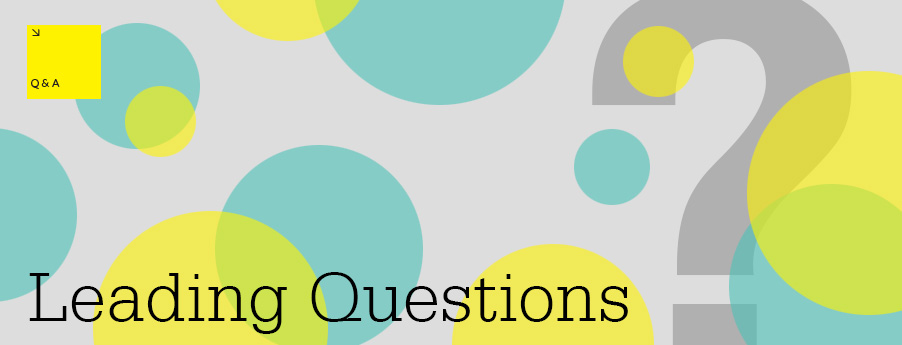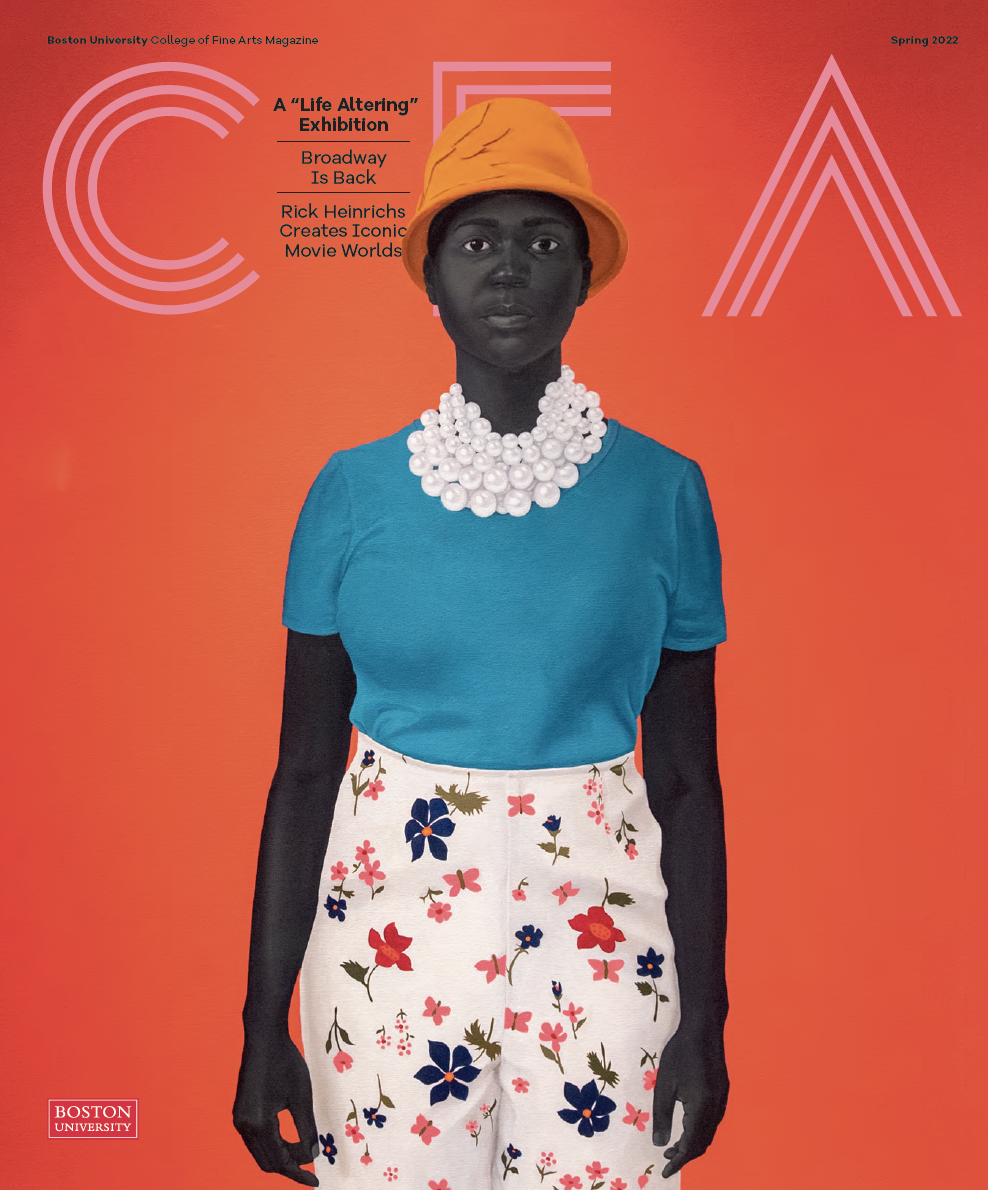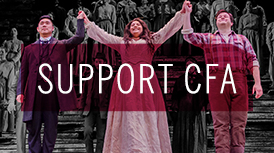Leading Questions
Our mission at CFA is to ensure that we are arming students with the skills and expertise they need to be successful as artists. So, we’re asking our faculty, administration, students, and alums for input on how to address the changing role of the arts in society and assess the value of an arts education. The individuals featured throughout this issue of Esprit answer some of our most pressing questions.
Baron Vaughn (’03), actor and comedian
Q. What’s the biggest misconception about artists in your field?
A. That we’re all sad—that we’re more damaged than the average person. I think we’re the same amount of damaged. We’re just more aware of our damage, which can be a cross to bear.
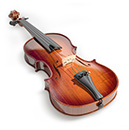
Hannah Lawson (’17), violinist and teacher in Saudi Arabia
Q. If you could give your undergraduate self one piece of advice, what would it be?
A. Take time off to travel. There is no other way to truly find out who and where you want to be one day.
Daria Lugina (’19, CAS’19), painter
Q. Describe in one sentence the impact art has on the world, politics, society, technology, health care, learning.
A. Art is a constant reminder that every person on this planet is just as alive and important as we are.
Russell Houser (’18), commander and conductor of the US Army’s I Corps Band
Q. What one piece of technology is essential to your work?
A. A digital recorder so I can re-hear and study an ensemble’s sound and review and study the practical work of student conductors, and of my work on the podium.
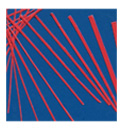
Richard Raiselis, associate professor of art
Q. If you could create your art in any time period, which would you choose, and why?
A. Now. Artists are free to do just about anything they can imagine. Coincidentally, the colors available to artists, both as paints and as screen light, are pretty much unlimited today.
Kaylee Dougherty (’11), ocularist and anaplastologist
Q. Which lesson from CFA has guided you in your career?
A. I’ve always remembered this analogy Batu Siharulidze, professor of art, sculpture, made when he was frustrated with a drawing I was doing: “You were making a great sauce”—I wish I could say it in his accent—“and you put in the tomatoes and some salt and some garlic. And then you put in the sugar, and you ruined it.” The point was that you’ve got to know when something is done.

